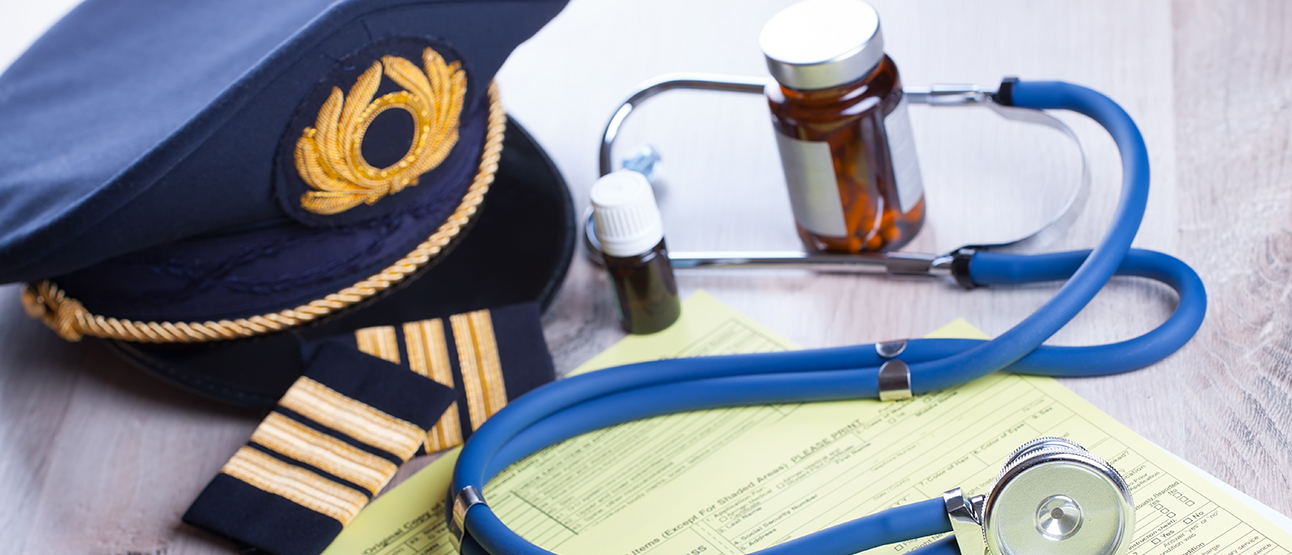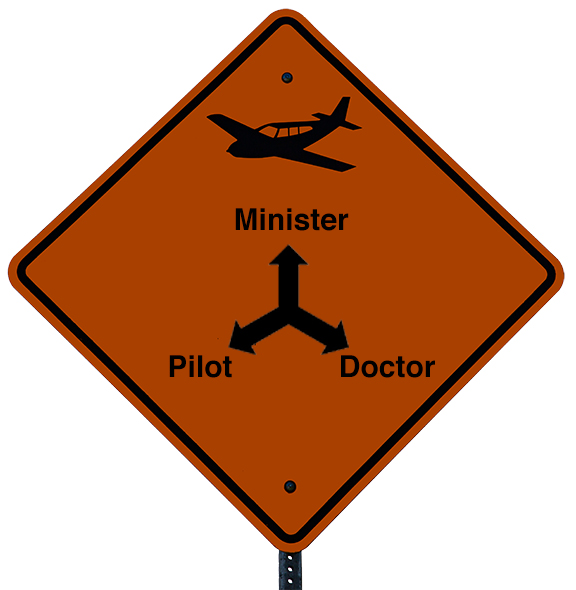

Pilots' Restricted Right To Medical Confidentiality
Jean LaRoche, FRAeS
Director of Research & Development
CQFA - Chicoutimi College
(14 April 2015) Since the Germanwings Airbus A320 disaster in the French Alps, many question the pilot's so-called right to medical confidentiality. The patient always retains the right to medical confidentiality. Physicians' practice guides usually define three conditions under which they are either required or permitted to disclose observations or clinical conditions to appropriate government regulatory agencies. These conditions include when the patient agrees, when the law authorises, and when necessary to prevent imminent harm to the patient or a group of persons. In such cases, physicians rely on professional judgment and are advised to contact their college physician advisory service, their lawyer or their State's Privacy Commissioner before proceeding.
In Canada, the legislator framed pilots' right to medical confidentiality many years ago. Article 6.5 of the Aeronautics Act suspends such right for all holders of a pilot or air traffic controller licence to the benefit of the Minister of Transport. This restriction is a condition for issuing licenses to all pilots (i.e. with recreational, private, commercial, or airline privileges) and air traffic controllers and future large UAV pilots. These are issued with medical confidentiality suspended retroactively from birth until the person ceases to hold the license.
The Aeronautics Act orders all holders of a Canadian aviation license to advise an attending physician or optometrist that he/she holds such a document. The pilot is not required to consent as the Act mandates the provision of information to a medical adviser designated by the Minister of Transport, until of course, the pilot permanently renounces his/her license. All physicians and optometrists shall, if in their opinion the patient is a license holder and has a medical or optometric condition that is likely a hazard to aviation safety, inform the medical adviser of the Minister. The language used clearly indicates an obligation, not a personal choice.
To protect physicians and optometrists, the Aeronautics Act prohibits all legal, disciplinary or other proceedings against them for anything done in good faith in compliance with Article 6.5. The patient-doctor relationship may sour but the health professional is immune from judiciary or disciplinary retaliation from either the patient or the physician's College.

Can this legal framework covering medical confidentiality be improved or updated?
First, the Patient - Physician - Minister of Transport triangle excludes the Air Operating Certificate holder (i.e. an airline, the pilot's employer, etc.). If the physician chooses to communicate the patient's medical information to the airline, he/she proceeds only under the Physician's Practice Guide and doesn't benefit from protection under the Aeronautics Act. The Minister cannot communicate medical information to the employer.
When the Act was written, the legislator chose to specify physicians and optometrists by profession. Article 6.5 does not regard therapists, social workers, dentists, or psychologists. Is there an opportunity to debate obligating pharmacists to alert the Minister of Transport in cases where a pilot is prescribed narcotics, anxiolytics, sleeping or antidepressant drugs, notwithstanding that such drugs must be prescribed by physicians?
While ignorance of the law is no excuse, very few physicians and optometrists are aware of their legal obligation to alert the Minister of Transport, and even how to do so. This could place a physician in difficulty if an event similar to Germanwings happened in Canada. The physicians' colleges must ensure that their members understand Article 6.5 of the Aeronautics Act.
Finally, pilot training focuses on technical development and the study of regulations, standards and procedures. Only on becoming national inspectors, check pilots or management pilots do they study the Aeronautics Act. Perhaps due to ignorance, or in some cases perceived lack of job security, some pilots may be tempted to not disclose their professional status when consulting a physician or optometrist outside of their company medical services. Even the best psychiatrist would be challenged to identify such deceit.
The Canadian aviation safety model based on risk management is internationally admired. Other than walking, aviation is the safest people mover ever invented. In Canada, sound working conditions in large air carriers, the active work of pilot unions, collective insurance plans and the outstanding commitment of civil aviation physicians encourage professional pilots to protect their health and to avoid undue risks. All consider today's aviation medical services as essential partners in long and successful careers. Travelling with a Canadian airline or its allied partners remains a very reliable choice.
| Other languages Другие языки Autres langues 其他语言 |
 |
||
Jean LaRoche has been training Canadian Approved Check Pilots, Training Captains, and Inspectors for 30 years. He is a Fellow of the Royal Aeronautical Society for his work in Human Factors and the AQTA 2019 Fecteau Award. He coauthored the WOMBAT psychological test. He can be reached by email at jlaroche@cqfa.ca From the same author: |
Founded in 1968, CQFA is the national aeronautics institute of Quebec's Ministry for Education, Higher Education, Research and Science. Since more than 30 years, CQFA's Continuing Education Department, located at Montreal-Trudeau International Airport, serves the aviation industry in Canada and abroad. www.cqfa.ca |